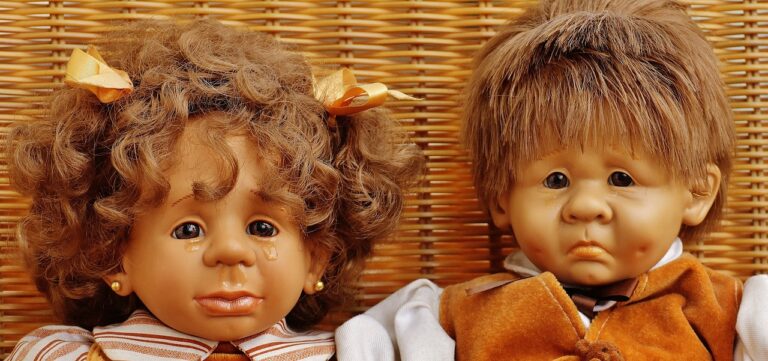Analyzing the Evolution of Comedy in Television: From Sketch Shows to Satirical News
Comedy in television has undergone a remarkable evolution over the years. From the early days of simple slapstick humor to the sophisticated and nuanced comedy we see today, television has been a platform for endless creativity and innovation. As audience tastes and societal norms have changed, comedy on the small screen has had to adapt and evolve in order to keep viewers engaged and entertained.
One key development in the evolution of television comedy has been the shift from traditional sitcom formats to more diverse and experimental styles of comedy. Sketch shows, variety programs, and mockumentaries have all pushed the boundaries of what is considered funny on television, paving the way for new and unconventional forms of comedic expression. By embracing diversity and exploring different comedic genres, television has become a rich and vibrant landscape for comedy that continues to surprise and delight audiences around the world.
Sketch Shows and Variety Programs
Sketch shows and variety programs have been a staple in television entertainment, offering audiences a diverse range of comedic performances and skits. These shows typically feature a mix of stand-up comedy, musical acts, and humorous sketches that aim to entertain and engage viewers through their unique and often unpredictable content. With their ability to showcase various talents and styles of comedy, sketch shows and variety programs have continued to captivate audiences for decades, evolving and adapting to changing trends in television and humor.
One of the key features of sketch shows and variety programs is their versatility in showcasing a wide array of comedic talents and formats. From iconic shows like “Saturday Night Live” to contemporary hits like “Key & Peele,” these programs have provided a platform for comedians to experiment with different characters, settings, and comedic styles. This flexibility allows for a dynamic and ever-changing landscape of humor, keeping audiences entertained and engaged with fresh and innovative content.
Sitcoms and Family Comedies
Sitcoms and Family Comedies have been a staple in television for decades. These types of shows typically revolve around a core group of characters and their everyday trials and tribulations, often focusing on family dynamics, relationships, and light-hearted humor. As viewers, we are drawn to these shows because they bring a sense of comfort and familiarity into our living rooms.
From classic hits like “I Love Lucy” and “The Brady Bunch” to modern favorites like “Modern Family” and “The Big Bang Theory,” sitcoms and family comedies continue to resonate with audiences of all ages. The sitcom format allows for quick laughs, memorable catchphrases, and heartwarming moments that keep viewers coming back for more. Whether it’s a dysfunctional family trying to navigate life’s ups and downs or a group of friends getting into comedic misadventures, these shows offer a unique blend of humor and relatability that keep us tuning in week after week.
What is the evolution of comedy in television?
Comedy in television has evolved over the years, starting from sketch shows and variety programs to the more popular sitcoms and family comedies we see today.
What are sketch shows and variety programs?
Sketch shows and variety programs are early forms of comedy on television, featuring short comedic sketches and a variety of acts such as musical performances and stand-up comedy.
What are sitcoms and family comedies?
Sitcoms, short for situational comedies, are a popular genre of television comedy that revolves around a fixed set of characters in a specific setting. Family comedies, on the other hand, focus on the dynamics and humor within a family unit.
How have sitcoms and family comedies contributed to the evolution of comedy on television?
Sitcoms and family comedies have become a staple in television comedy, providing viewers with relatable characters and humorous situations that entertain audiences of all ages. They have evolved to tackle more diverse themes and incorporate modern humor, reflecting the changing times.
What are some popular examples of sitcoms and family comedies?
Some popular sitcoms and family comedies include “Friends,” “The Office,” “Modern Family,” “Brooklyn Nine-Nine,” “Black-ish,” and “The Simpsons.” These shows have garnered large audiences and critical acclaim for their comedic storytelling.







